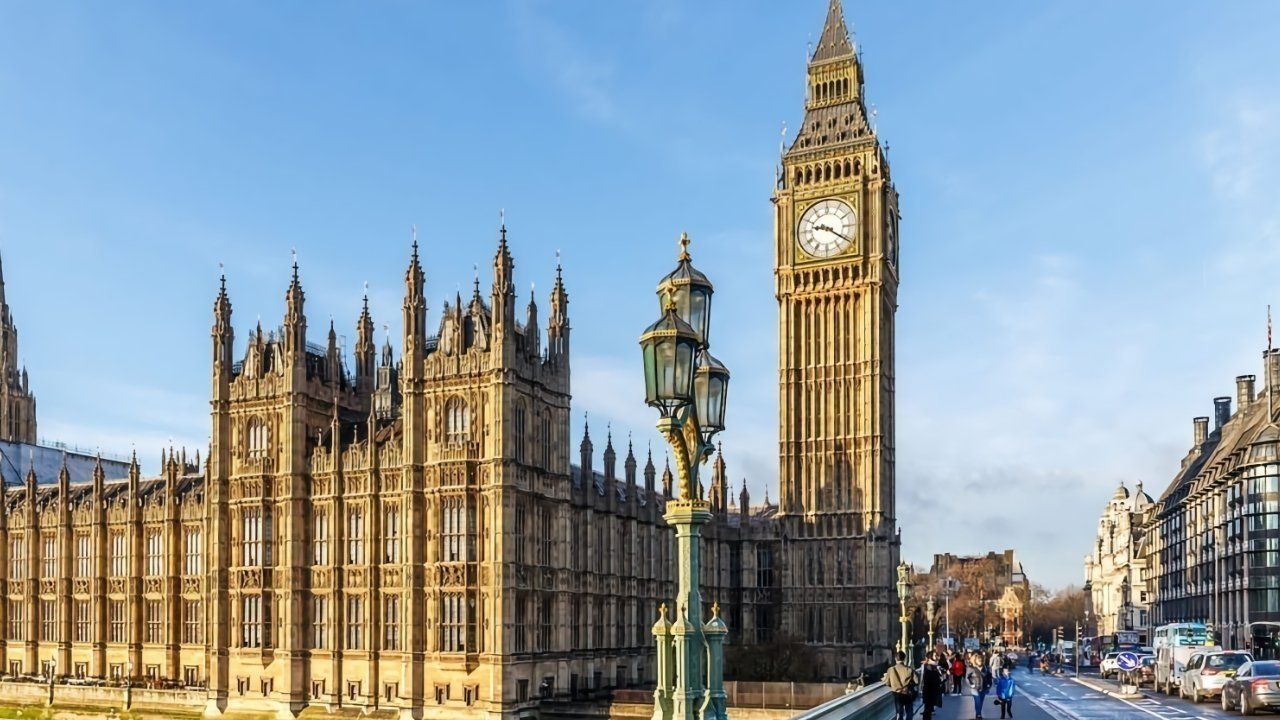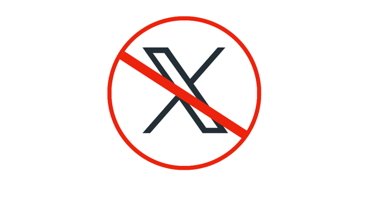UK rushes through Digital Markets Act copycat to regulate mostly US big tech
After years of promising legislation against Big Tech firms such as Apple, the UK has now sped up the process to get Digital Markets Act clone passed before its general election.
Up to now, the UK's progress on its tub-thumping insistence it will control Big Tech has been slow to the point of ridicule. It announced a government department in 2020, but didn't start it until 2021. Then when it was started with at least 60 staff, the UK literally did not give it powers to do anything, not until 2023.
However, also in 2023, the finally active Digital Markets Unit (DMU) did get going with a Digital Markets, Competition and Consumers Bill. While its stated purpose is to lead to establishing codes of conduct for Big Tech firms, it's a step toward emulating the existing Digital Markets Act in the EU.
That EU law is what has forced Apple to allow third-party App Stores on the iPhone and soon also the iPad. The passing of the law has been followed by the EU launching multiple investigations into Apple that could result in fines.
According to the UK's Press Gazette, the bill will enable the government to fine tech firms 10% of their annual turnover if they are found to abuse their market position. It's not clear how such abuse will be determined, but it will concern whether the firms:
- Trade on fair and reasonable terms
- Present to users or potential users any options or default settings in relation to the relevant digital activity in a way that allows those users or potential users to make informed and effective decisions in their own best interests about those options or settings.
- Give explanations, and a reasonable period of notice, to users or potential users of the relevant digital activity, before making changes in relation to the relevant digital activity where those changes are likely to have a material impact on the users or potential users
So far, it's all big talk. How the details will work has yet to be hammered out.
The bill was, though, just one of very many legislative bills making their way through the UK parliamentary system — until this week. On May 22, 2024, Prime Minister Rishi Sunak called for a General Election, and that immediately changed proceedings.
The UK's General Election does not have a fixed date like the US Presidential one, it merely has to fall within a certain time. But once its date of July 4, 2024, was set, it also followed that Parliament will be dissolved on May 30, 2024.
Bills cannot be carried over from one Parliament to another, so the UK has been picking which it will rush through, and which it will abandon. Consequently, on May 23, Parliament debated and passed the bill.
"It has been a pretty long ride when one looks back to the beginning of the suite of digital Bills in the past two years," said Lord Clement-Jones (Liberal Democrat) in the debate as detailed in Hansard, "starting with the Online Safety Bill, then the digital markets Bill, and now the non-lamented data protection Bill, and I look forward to further digital legislation in the autumn or the beginning of next year."
"We believe overall that this is a good Bill that takes the first steps to regulating the behaviour of the big tech companies, which is long overdue," said Baroness Jones of Whitchurch (Labour).
For the Conservatives, the party currently in government and responsible for the bill, Lord Offord of Garvel said that it "will be vital in driving growth, innovation and productivity and in protecting consumers."
Following the passing of the bill, the next stage before it enters into law is that it must be approved by the UK monarchy. That approval is scheduled to take place today, May 24, 2024.
 William Gallagher
William Gallagher














 Amber Neely
Amber Neely
 Thomas Sibilly
Thomas Sibilly
 AppleInsider Staff
AppleInsider Staff

 Malcolm Owen
Malcolm Owen
 Christine McKee
Christine McKee










20 Comments
This is what happens when an early election is called. There should be some caveat that things passed close to an election can just as quickly be rushed undone by the next Government.
I feel so frustrated that Apple doesn't just say "Fuck Europe". There is no monopoly. The U.S. Congress is also trying to say that Apple is a monopoly. That's ridiculous. A monopoly is like when I want to subscribe to cable TV and my only option is Spectrum. If I want cable TV, then I only have one choice and that's it. That's a monopoly. Apple should be able to run their "store" how they feel fit. It's their store. Is the government trying to tell Walmart what they can or cannot put in their store? Are they trying to dictate to Walmart what prices they can charge? If you are not happy with Apple's business practices, then buy a phone from one of a dozen other manufacturers. No one is forcing you against your will to buy an Apple device.
I thought brexit was a bad choice, but one potential positive was the UK developing better laws and regulations than the EU. If the UK is just going to copy EU laws, then brexit was even dumber than I thought.
Too bad the current Tories/British government was sitting on their ass when the Japanese bought ARM Holdings or when Canvas bought Affinity or when Cadbury was sold out hollow greedy British government in action.
Since the Thatcher government caring or doing any thing about local British industry/school/health is just a nebulous mind game played on the British population. In the end it British life just gets weaker and America is tracking 20-30 years behind Britain on a similar path.
If Britain is looking for some tiny kernel of guidance look at Norway (not the EU) and the Norwegian sovereign wealth fund they won't and I would also hope Guyana (massive new oil riches) will they won't either. Long range selfless planning just isn't there for most.
https://www.nbim.no/